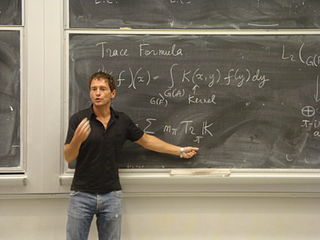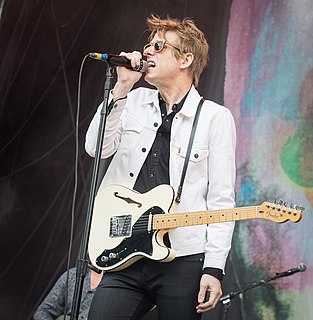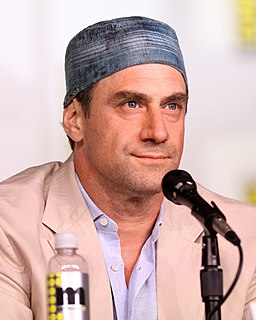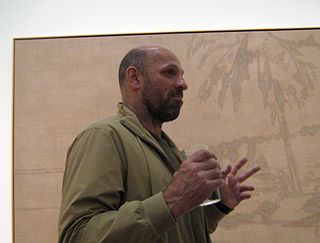A Quote by Brian Eno
At the beginning of the 20th century, the ambition of the great painters was to make paintings that were like music, which was then considered as the noblest art.
Related Quotes
I was a student, and as such you generally rely on prior models of how to make art, but these were not satisfying. Then I discovered in photos what had been missing in paintings; namely that they make a terrific variety of statements and have great substance. That is what I wanted to convey to paintings and apply to it.
What if at school you had to take an 'art class' in which you were only taught how to paint a fence? What if you were never shown the paintings of Leonardo da Vinci and Picasso? Would that make you appreciate art? Would you want to learn more about it? I doubt it..........but this is how math is taught and so in the eyes of most of us it becomes the equivalent of watching paint dry. While the paintings of the great masters are readily available, the math of the great masters is locked away.
I was really interested in 20th century communalism and alternative communities, the boom of communes in the 60s and 70s. That led me back to the 19th century. I was shocked to find what I would describe as far more utopian ideas in the 19th century than in the 20th century. Not only were the ideas so extreme, but surprising people were adopting them.
D-Day represents the greatest achievement of the american people and system in the 20th century. It was the pivot point of the 20th century. It was the day on which the decision was made as to who was going to rule in this world in the second half of the 20th century. Is it going to be Nazism, is it going to be communism, or are the democracies going to prevail?
There's this Indian fellow who worked out a cycle like the idea of stone-age, bronze-age, only he did it on an Indian one. The cycle goes from nothing until now and 20th century and then on and right around the cycle until the people are really grooving and then just sinks back into ignorance until it gets back into the beginning again. So the 20th century is a fraction of that cycle, and how many of those cycles has it done yet? It's done as many as you think and all these times it's been through exactly the same things, and it'll be this again.



































